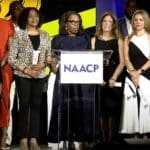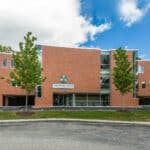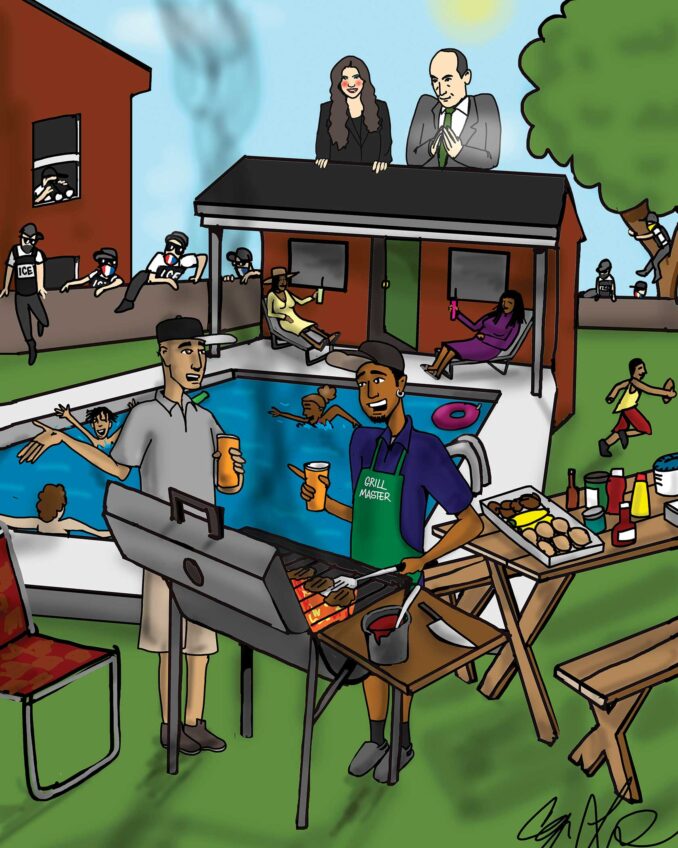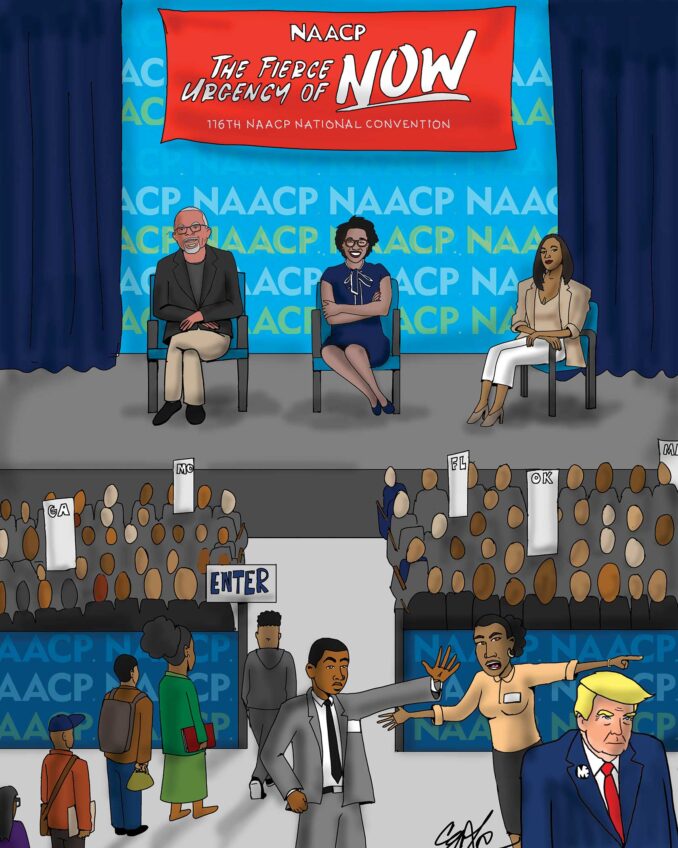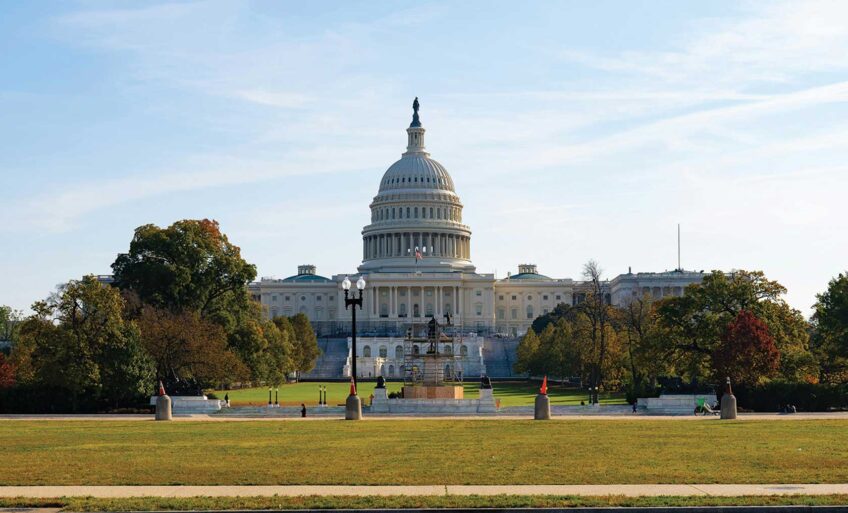In Boston, the biggest 3,500 buildings account for the majority of carbon pollution — burning gas or oil for heating, using electricity for air conditioning and lighting. Last year, the city council and mayor passed a visionary new law to aggressively reduce this pollution, called BERDO 2.0 (Building Emissions Reduction and Disclosure Ordinance).
This isn’t the first time we’ve seen the Mayor’s Office make sweeping promises — but too often under past mayors, the city has failed to enforce these laws, and nothing changes. The key to actually following through with BERDO’s promises is to keep residents and stakeholder neighborhoods in the driver’s seat.
Our organization, ACE, pushed hard for community representation on the BERDO Review Board. Two-thirds of the members are nominated by community groups. This is crucial to ensure that the law’s enforcement doesn’t get watered down by developers.
But right now, we’re seeing the city move away from resident and community input. I was alarmed to learn that the city dismissed One Square World, the nonprofit that facilitated community input on BERDO. The regulation process has been frustrating for community groups since then. And we’ve seen developers pushing to get their own lobbying group listed as a “community-based organization” that would displace real resident input.
BERDO holds a lot of promise. This year, building managers have to begin monitoring and reporting on their carbon pollution. And in 2025, they must begin reducing that pollution. If this goes as planned, it is a big win for the communities in Boston who bear the brunt of heat waves, extreme weather and air pollution: largely Black, Brown, immigrant, and low-income folks.
But if it’s watered down, corporate property owners could simply purchase bogus “offsets” or “credits” rather than reducing their buildings’ pollution. If that comes to pass, BERDO will be actively worsening the impacts of climate change on our city’s vulnerable and disenfranchised residents.
The future here remains to be written. Will City Hall buckle under pressure from developers or push forward with true community and resident involvement? Only Mayor Wu can answer that question.
Dwaign Tyndal is executive director at Alternatives for Community and Environment

